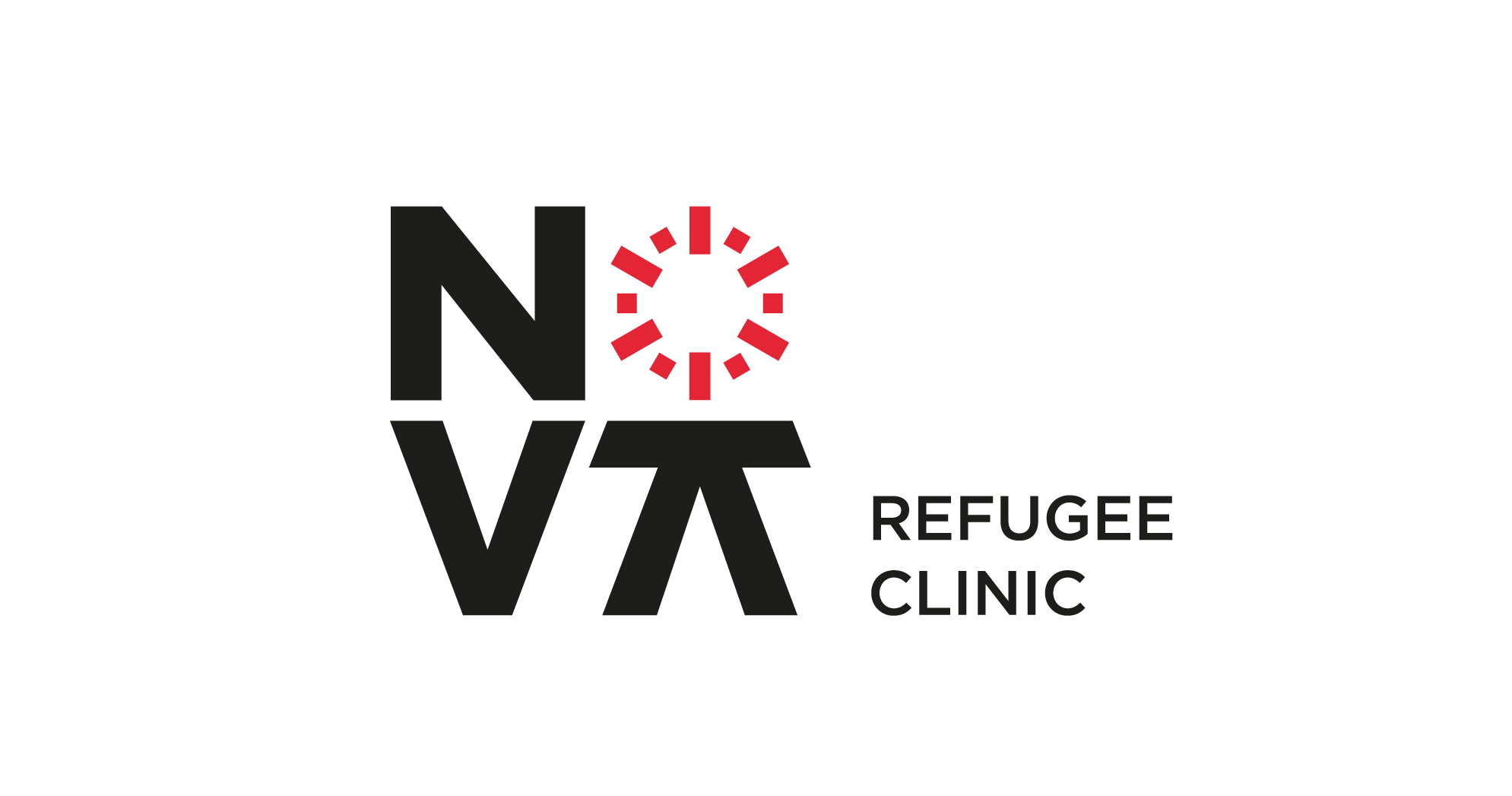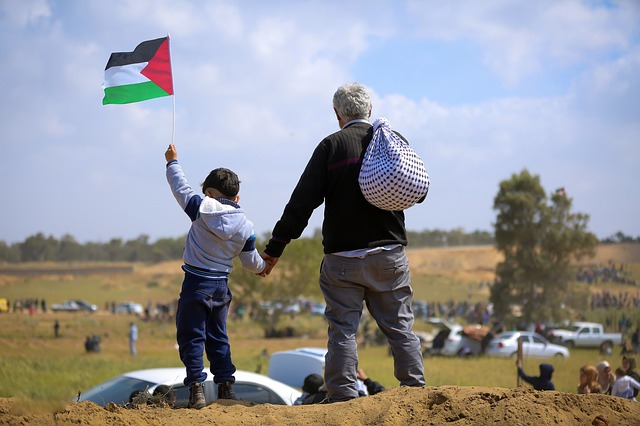Dimitra Fragkou[1] Abstract: During the past years and specifically after the retreat of ISIS and Al-Qaeda forces in Syria and Iraq, thousands of European citizens who participated as Foreign Terrorist Fighters in those conflicts and their families are returning to their communities. States have sought to reduce the risk of expanding terrorist clusters on European soil through more restrictive legislation.
This blog post addresses the fear of return for Afghans already present in the European territory and the need for protection for those fleeing the current regime change in Afghanistan. Initially, it explores the seize of Kabul and the establishment of the Taliban’s government and the threats posed to specific social, ethnic, and religious groups and political opponents of the Taliban, reviewing the recent reports on the general security situation in the country. Subsequently, it analyses the legal obligation of European States not to return and provide access to asylum for those fleeing Afghanistan, safeguarding the fundamental human rights principle of non-refoulement as enshrined in the Refugee Convention, the European Convention on Human Rights and the customary law. Lastly, it explores the legality of the measures introduced by some European countries and their declared intentions, arguing that they do not comply with their obligation to provide access to Afghans for protection.
This blog post addresses the UN response to foreign fighters and their alleged connections with asylum seekers. More specifically, it focuses on UNSC Resolution 2178 (2014), discusses its underlying rationale and analyses how and if foreign terrorist fighters can be excluded from refugee protection. Finally, it explores the legal and practical obstacles of its application and stresses how a broad application of the exclusion clause may target whole fractions of asylum seekers, denying them protection and safety.
A common misconception is that all refugees worldwide fall under the Provisions of the 1951 UN Convention relating to the Status of Refugees (Refugee Convention). The present blog post will explore how this is not the case when referring to Palestinian refugees, briefly revisiting a) the events that led to the massive displacement of Palestinians, b) the undertaken measures to assist Palestinian Refugees under UNWRA Mandate, c) the scope of Article 1(D) of the Refugee Convention and d) how it has been interpreted within the Common European Asylum System (CEAS).
Madalena Dória[1] Introduction Every year, thousands of children serve as child soldiers across the world. In 2019, some 7.747 children were verified as recruited and used as young as six years old. Among them, 90 per cent were used by non-State actors.[2] Even though there is no agreed definition in international law, the term usually refers to any person below
Abstract: The present post attempts to discuss Case C-238/19, relating to the interpretation and application of Articles 9 and 10 of Directive 2011/95/EU. Beginning with a brief analysis of the relevant facts and the findings of the Court, it aims to clarify the extension of the connection between Article 9(2)(e) and Article 12(2), concerning the refusal to perform military service due to potential breaches of International Humanitarian Law.
The present post attempts to discuss the fundamental right to asylum as enshrined in the Portuguese Constitution, aiming to identify which exact asylum grounds it entails and what is the extent of the protection it actually offers. Beginning with a brief analysis of Art. 33, its ratio and historical foundations, it is argued that a literal and therefore narrow interpretation could lead to insufficient constitutional protection of asylum seekers in Portugal. This brief analysis aims to overcome the restrictive conception of the right to asylum that results from the written constitutional law, by reviewing key judicial decisions and doctrine, claiming that a broader interpretation of the asylum protection in the Portuguese Constitution could lead to an enhancement of the protection of aliens in Portugal.
Madalena Dória, Inês Tralhão and Dimitra Fragkou[1] The impact of armed conflict on an individual is detrimental. People flee war for various reasons. Due to destruction of their property, loss of family and friends, due to danger for expressing their political opinion supporting the belligerents, due to trauma by either witnessing or experiencing war atrocities, for fear of being raped,







![The interpretation of article 9 of Directive 2011/95/EU: Evasion of Military Service in Case C-238/19 [EZ v. Germany]](https://novarefugeelegalclinic.novalaw.unl.pt/wp-content/uploads/2021/03/war-2.bmp)

